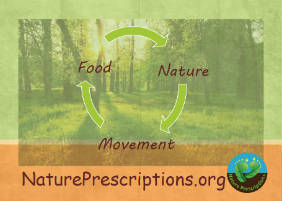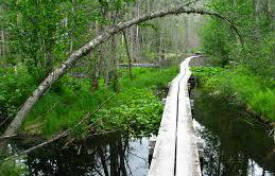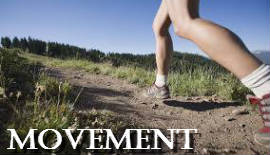Nature provides us with the food we eat, the air we breathe, the water we drink, and with many other resources that go into the products we consume. Although the world seems like a huge place, it is not limitless. With an ever growing population, it is important that we do not take for granted all the wonderful things that nature provides for us.
Water
 Approximately 70% of the Earth is covered in water. 97.2% of this water is salt water. Of the remaining freshwater, approximately 2.8% is unavailable and frozen in glaciers, while a remaining 0.5% is groundwater, and 0.3% is freshwater lakes and rivers. So slightly less than 1% of Earth’s water is available for human use. Lets all do our part to protect and conserve this precious commodity.
Approximately 70% of the Earth is covered in water. 97.2% of this water is salt water. Of the remaining freshwater, approximately 2.8% is unavailable and frozen in glaciers, while a remaining 0.5% is groundwater, and 0.3% is freshwater lakes and rivers. So slightly less than 1% of Earth’s water is available for human use. Lets all do our part to protect and conserve this precious commodity.
Water saving tips:
- Take shorter showers.
- Only do full loads of laundry and only run the dishwasher when full.
- Install low-flow shower heads, sink faucets, and toilets.
- Fix any water leaks.
- Minimize meat and dairy consumption because these foods use the greatest amounts of water.
- Eat more whole foods because processed foods use more water to produce.
- Plan your meals so as not to buy more food than needed. Approx. 40% of food goes to waste.
- Collect rainwater from your gutters in a rain barrel and use it to water the garden.
- Turn off lights when leaving a room.

- Only run dishwashers, laundry machines, and dryers when they are full.
- Use a clothesline instead of an electric dryer.
- Unplug chargers and rarely used appliances when not in use because they still drain power even if not turned on.
- Plug appliances like TVs and microwaves into power strips that can be easily turned off when not in use.
- Get a home energy audit to determine how to make your home as energy efficient as possible.
- Maintain proper inflation of tires. Under inflated tires reduce fuel efficiency.
- Ride your bike to work if possible.
- Avoid speeding, quick acceleration, and braking hard to maximize fuel efficiency.
- Combine your trips/errands to reduce the amount of driving.
- Carpool when possible.
- Buy fuel efficient vehicles.
By now, most of us have heard the slogan Reduce, Reuse, and Recycle as a way of limiting waste. Recycling is usually the most talked about, however Reducing is the most important step in this process. Simply put, the best way to reduce your waste is by using/buying less to begin with. Reusing and Recycling are great things to do too, but reused items will still eventually end in a landfill and recycling still uses energy and resources, so always consider Reducing first!

 Click picture above to download your own Nature Prescription
Click picture above to download your own Nature Prescription






